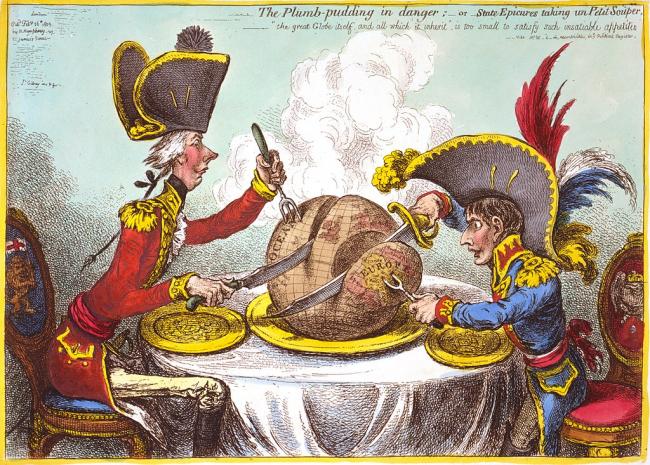Figurative Frames in Political Communication

Many political actors use figurative language to frame political topics. Consider politicians describing immigration as a “flood”, Brexit as a “divorce” or political institutions as a “swamp”.
Such figurative frames can have important implications for political communication, because they influence the way voters see a particular topic, guided by the figurative constructions (metaphors and other tropes) suggested by the speaker.
A couple of weeks ago, the Metaphor Strand of Creative Multilingualism hosted an invited lecture which was given by Dr. Christian Burgers, University of Amsterdam. In this talk, Christian Burgers presented an overview of current theory and research on figurative framing and its effects. Firstly, he connected linguistic theories on figurative language to theories on framing from the field of political communication. Subsequently, he discussed how figurative frames are used in political discourse, affect voters’ political attitudes, and how these constructions change over time. Taken together, the findings illustrated by Dr Burgers demonstrated how figurative frames structure and colour political communication, and can have important pragmatic effects on the audience.
The event was organised by Creative Multilingualism as part of its TORCH network.
Dr Marianna Bolognesi is a Post-doctoral Researcher on Creative Multilingualism's 1st strand: The Creative Power of Metaphor.
Find out about upcoming Creative Multilingualism events.

Image: James Gillray [Public domain], via Wikimedia Commons
Where next?
Do you have butterflies in your stomach or little deers jumping in your heart?
Does the image of Germans in the UK press affect whether pupils want to study the language?